RSS Feeds
[vc_row][vc_column][vc_column_text] Follow the latest from NATO via RSS & Podcast NATO news via RSS What is RSS? RSS (Really Simple Syndication or Rich Site Syndication) is an easy way to be informed of new stories and content posted on your favourite Web sites. Rather than having to visit many sites to find out if there […]
Use of Content
[vc_row][vc_column][vc_column_text] Requirements for the external use of NATO content No material produced by NATO is to be sold, used for outside advertising or promotional purposes of any kind. All content taken from NATO and republished must be clearly credited or sourced to NATO. Photos, videos and articles are released under the legally recognized terms of […]
NATO Press Office Contacts
[vc_row][vc_column][vc_column_text] NATO Press Office Contacts The NATO Press Office is the first point of contact for all media enquiries. If you are from the media, to reach our team of Press Officers please email MOC[at]hq.nato.int or call the Media Operations Centre (MOC) at +32 2 707 5041. If you represent a media outlet and want to accredit to a NATO event, […]
E-library
[vc_row][vc_column][vc_column_text] Official texts Official texts of the Alliance, from the Treaty and its protocols to the Partnership for Peace documents, as well as the complete texts of all NATO Ministerial Communiqués since 1949. Search official texts Basic texts A selection of the most important official texts organized by type. More… Standardization Agreements (STANAGs) A STANAG […]
Exercises
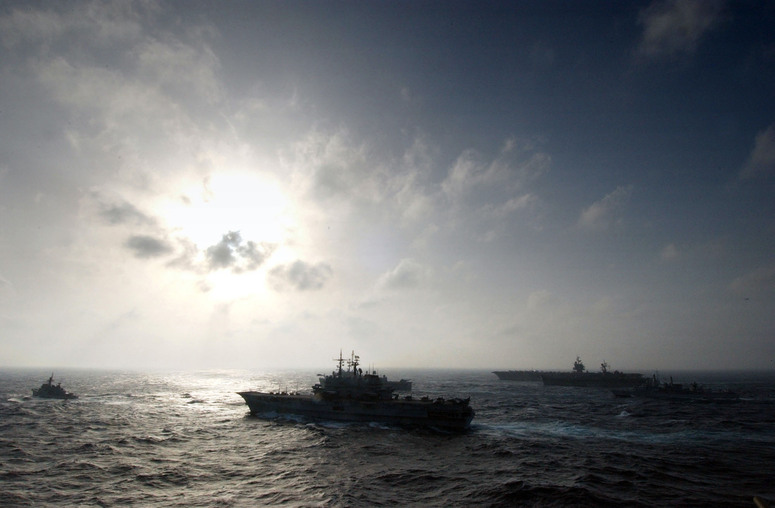
[vc_row][vc_column][vc_column_text] Exercises are important tools through which the Alliance tests and validates its concepts, procedures, systems and tactics. More broadly, they enable militaries and civilian organisations deployed in theatres of operation to test capabilities and practise working together efficiently in a demanding crisis situation. Highlights Exercises allow NATO to test and validate concepts, procedures, systems […]
Relations with Russia
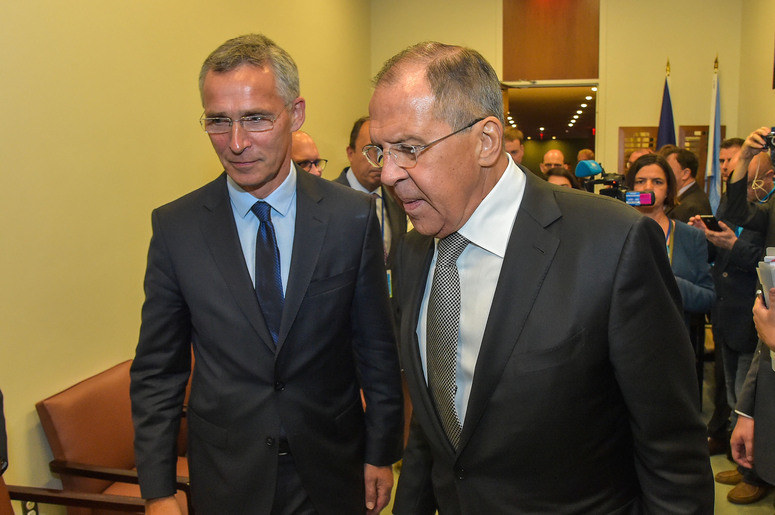
[vc_row][vc_column][vc_column_text] For more than two decades, NATO has worked to build a partnership with Russia, developing dialogue and practical cooperation in areas of common interest. Cooperation has been suspended since 2014 in response to Russia’s military intervention in Ukraine but political and military channels of communication remain open. Concerns about Russia’s continued destabilising pattern of […]
Women, Peace and Security

[vc_row][vc_column][vc_column_text] NATO demonstrates its commitment to gender equality through the implementation of United Nations Security Council Resolutions (UNSCRs) on Women, Peace and Security (WPS). These Resolutions (1325, 1820, 1888, 1889, 1960, 2106, 2122 and 2422) recognise the disproportionate impact that conflict has on women and girls, and call for full and equal participation of women […]
Relations with Ukraine
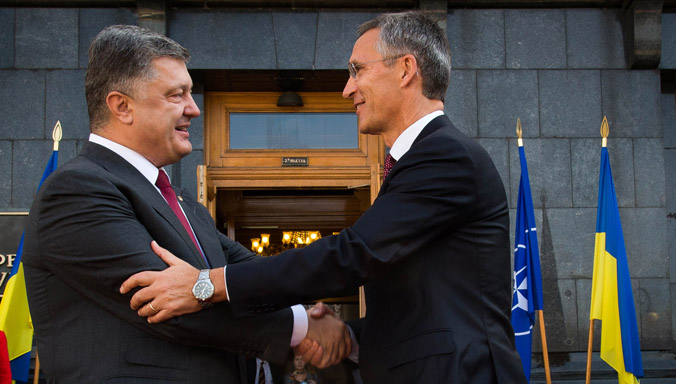
[vc_row][vc_column][vc_column_text] A sovereign, independent and stable Ukraine, firmly committed to democracy and the rule of law, is key to Euro-Atlantic security. Relations between NATO and Ukraine date back to the early 1990s and have since developed into one of the most substantial of NATO’s partnerships. Since 2014, in the wake of the Russia-Ukraine conflict, cooperation […]
Cyber Defence
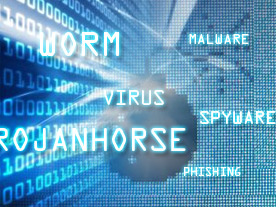
[vc_row][vc_column][vc_column_text] Cyber threats and attacks are becoming more common, sophisticated and damaging. The Alliance is faced with an evolving complex threat environment. In recent events, cyber attacks have been part of hybrid warfare. NATO and its Allies rely on strong and resilient cyber defences to fulfil the Alliance’s core tasks of collective defence, crisis management […]
Countering terrorism
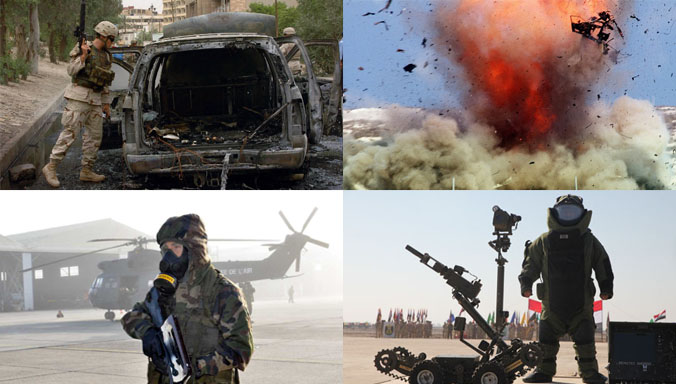
[vc_row][vc_column][vc_column_text] Terrorism in all its forms poses a direct threat to the security of the citizens of NATO countries, and to international stability and prosperity. It is a persistent global threat that knows no border, nationality or religion and is a challenge that the international community must tackle together. NATO’s work on counter-terrorism focuses on […]
